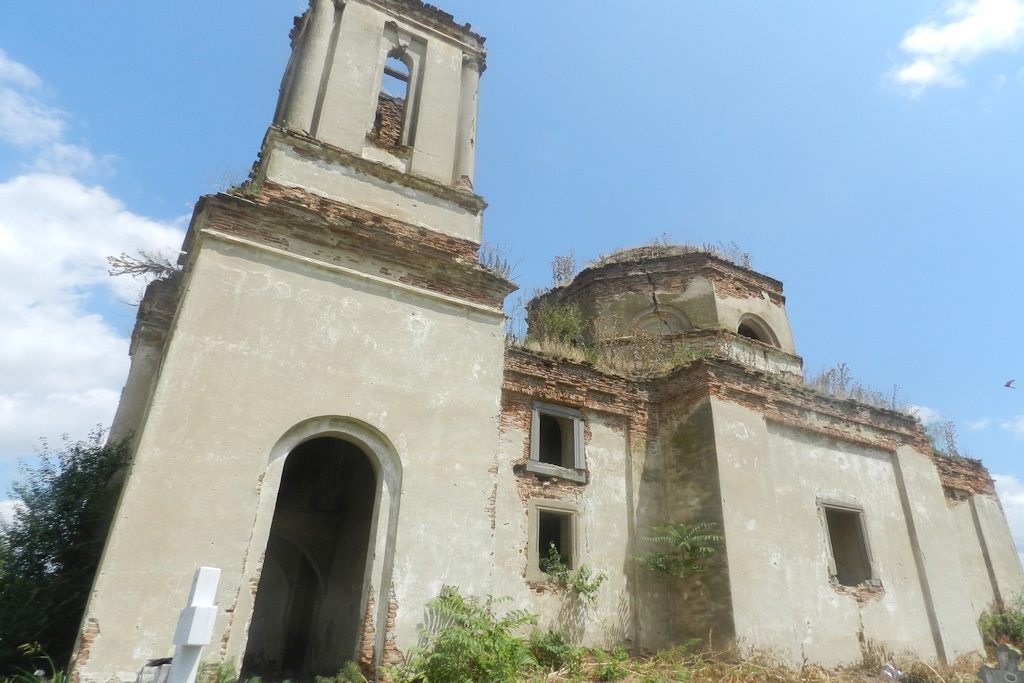

Goştinari farmyard was raised from the ancestor of all common nation of Bellu, who arrived on the Romanian land, Great Treasurer and chancellor Stefan Bellu (1767-1833). This building was built at the end of the eighteenth century and restored in 1818. The treasurer Stefan, known also as Stefanache, is buried in Bucharest in Radu Voda Monastery courtyard.
The court was inherited by the great chancellor Alexandru – Alecu Bellu (1796-1853), his son, passing then this building into the possession of his sons, Stefan and Barbu (the donor famous ground for the Bellu cemetery in Bucharest). The fame of the Alexander’s two sons was unfortunate for this monument, since they have given up care for former mansions from Goştinari. Furthermore: the first born of Stefan, Alexandru (1850-1921), called after his grandfather, has moved somehow the family residence outside the capital of Urlati (Prahova couty), where the mansion raised by him is still in a good condition. It seems that the legacy of urban houses in Giurgiu returned to Barbu Bellu, as the skete is called. Today in Gostinari are seen only the ruins of the old church, of the enclosure wall and the bell tower, and possible mansions and cellars.
On 7 February 1862, the son of Stefan, Barbu Bellu, is appointed the Ministry of Culture, a job which he resigns on 24 June 1862, after the Prime-Minister Barbu Catargiu, his cousin, is assassinated. Subsequently, for about two months (June 14 to August 8, 1863) Barbu Bellu has served as Ministry of Justice in the Nicolae Cretulescu Government. He was a memebr of the Parliament from Muscel county in 1859, 1861 and 1864. In 1866, Austrian Emperor Francis Joseph the Ist granted him with the title of baron. After his abdication of Alexandru Ioan Cuza, Barbu Bellu withdrew from public life. And if his donation into local administration of a land to become a cemetery did not pull out the baron Bellu at the time, the the acquisition in 1889 of Peugeot, 4 CP, has transformed him into a Bucharest’s elite special character; Baron defied everyone with his car, which crossed the streets of the capital for seven years.
His son, who was also called Barbu is the one who in 1927 donated the whole complex from Urlati to the Museum of History and Archeology in Prahova, becoming its division. Also, the same Barbu Bellu gave the Romanian Academy Library since 1913, a manuscript (inv. BAR under no. 4222) from lyrics of Iliad (by Ion Heliade Rădulescu), written in a transitional alphabet in the XIX mid-century. However, his affinity for tumultuous life of the capital has lowered the Bellu family’s members interests towards the Gostinari complex. For instance, the impressive church, before which, one cannot remain impressed, although it is in an advanced state of decay, has not been used in worship since 1857, a period when Barbu Bellu was in Argeş.
